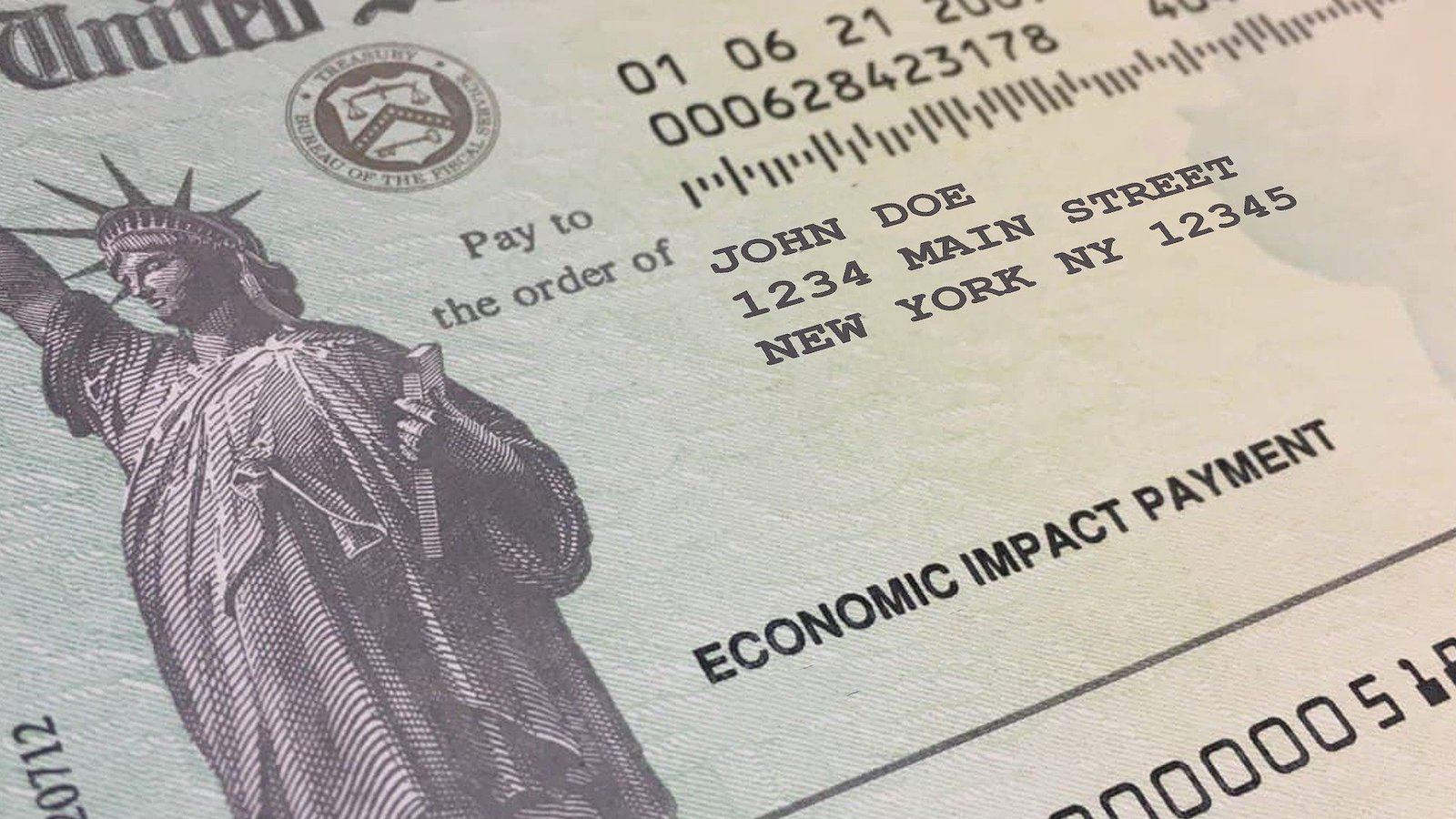
Tax Shell Game
Abuse of tax havens inflicts a price on other American taxpayers, who must pay higher taxes—now or in the future—to cover the government’s revenue shortfall, or must deal with cuts in government services.
Downloads
How Much Did Offshore Tax Havens Cost You in 2010?
CoPIRG Foundation

Tax havens are countries with minimal or no taxes, to which U.S.-based multinational firms or individuals transfer their earnings to avoid paying taxes in the United States. Users of tax havens benefit from access to America’s markets, workforce, infrastructure and security, but pay little or nothing for it—violating the basic fairness of the tax system.
Abuse of tax havens inflicts a price on other American taxpayers, who must pay higher taxes—now or in the future—to cover the government’s revenue shortfall, or must deal with cuts in government services.
The United States loses approximately $100 billion in tax revenues every year due to corporations and individuals sending their money to offshore tax havens.
- Residents of Colorado paid $420 to make up for the taxes that are avoided by corporations and wealthy individuals through the use of offshore tax havens.
- In 2010, making up for this lost revenue cost the average U.S. tax filer $434. That’s enough money to feed a family of four for three weeks.
Some of America’s biggest companies—including many who have taken advantage of government bailouts or rely on government contracts—use tax havens. As of 2008, 83 of the 100 largest publicly traded U.S. corporations maintain revenues in offshore tax haven countries.
- Goldman Sachs, which reported more than $2 billion in profit in 2008, was able to use its 29 tax haven subsidiaries to reduce its federal tax bill to just $14 million. That means that Goldman Sachs’ CEO Lloyd Blankfein, who made $42.9 million that year, earned more than three times the amount that the company paid in federal taxes.
- General Electric appears to have paid no federal income taxes in 2010, despite reporting profits in the United States of $5.1 billion. The biggest company in the country, GE has lobbied hard for tax breaks and loopholes in the federal tax code, and shifted many of its profits to tax havens to avoid paying U.S. taxes. GE employs nearly 1,000 people in its tax department to help exploit those loopholes, but has laid off one-fifth of its U.S.-based workers since 2002.
To restore fairness to the tax system by preventing corporations and wealthy individuals from avoiding taxes through the use of tax havens, policymakers should:
- End the ability of U.S. multinational corporations to indefinitely defer paying U.S. tax on their profits. U.S. corporations should pay taxes immediately on profits from U.S. business that companies attribute to their foreign entities, rather than wait until they someday bring the money back to the United States. The United States should not adopt a “territorial” system under which companies temporarily move profits and pay taxes in tax haven countries and then freely bring them back tax-free to the United States.
- Expand rules against money laundering to cover those who aid and abet. The rules should include lawyers who set up shell companies, hedge fund managers who set up anonymous accounts, and others who help taxpayers avoid tax laws.
- Increase the penalties and strengthen rules related to offshore tax shelters, including prohibiting tax strategy patents and fees contingent on obtaining tax benefits.
- Revise tax treaties to enhance sharing of tax information between countries to include the real names of account owners.
- Require multinational corporations to report financial statements on a country-by-country basis.
- Close loopholes that allow tax credits from other countries to count against U.S. tax liability.
- End the ability of U.S. multinational companies to apply tax deductions related to foreign income to U.S. income.
- Eliminate the incentive for U.S. companies to transfer intellectual property (e.g. patents, trademarks) to tax haven countries for artificially low prices and then pay inflated royalties to use them in the United States. This manipulation masks what would otherwise be U.S. taxable income.
- Stop the ability of multinational companies to manipulate how they define their corporate status to minimize their taxes, including the ability to represent themselves as different types of corporations to different countries.
- Treat foreign corporations as U.S. domestic companies if they are managed and controlled in the United States.
- Increase IRS resources to combat transfer pricing and tax haven abuses.
Topics
Find Out More


Tips to file your tax return while avoiding fees, scams

How to get your stimulus payments when you file your tax return
